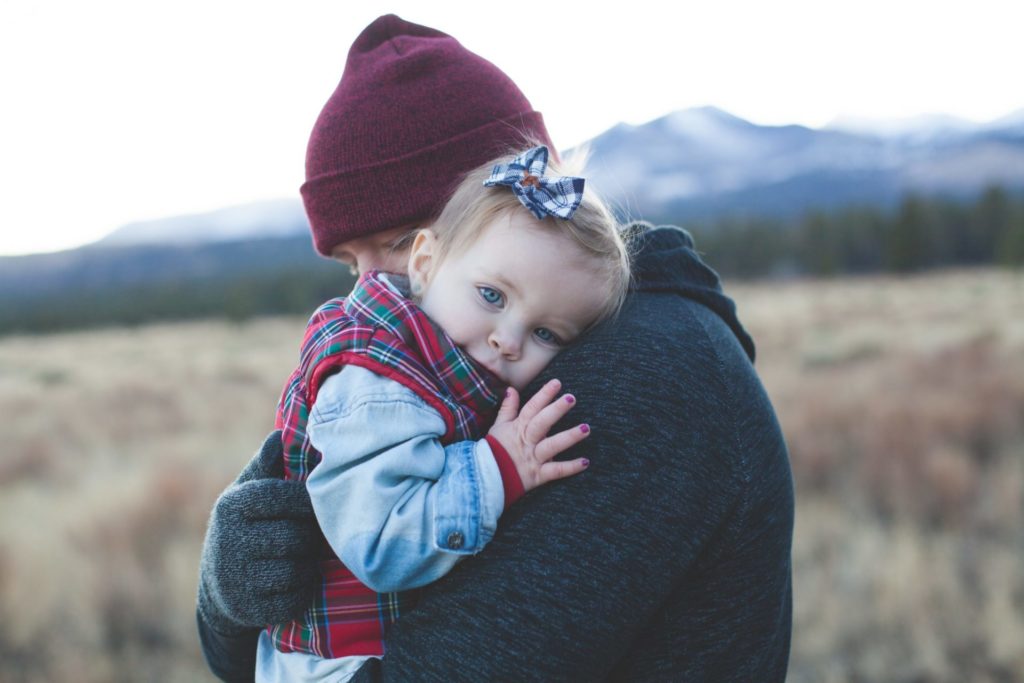Over the last week, I’ve watched and listened to my kids discuss the events in Christchurch, a place where we lived and where our daughter was born. I’ve watched and listened to them talk, process and understand in their own way what is happening. I’ve followed with interest what their school is doing, what their friends are saying, and, importantly, what we, as parents and adults, are doing.

Like adults, children experience grief and express their feelings in several ways. How kids cope with the loss of a loved one can depend on the child’s age, how close they felt to the person and the support they feel in the weeks, months and even years after someone’s passing.
As a supportive adult, it can often be tricky to understand where to start when helping children grieve, especially when children experience a lot of ‘uncertainty’ around death. Below, we’ve outlined how to identify when a child is grieving and how you, as a supportive adult, can help a child through grief.
Emotional Reactions to Grief & What You Can Do
As mentioned above, children experience many of the same feelings adults do when grieving. Here are some common emotional reactions to grief and things you can say or do to help them cope.
Fear & Uncertainty: Fear and uncertainty are the most basic feelings a child experiences when losing a loved one. They often bring up questions such as; ‘Why did they die?’, ‘What happens next?’ or ‘Will that happen to me?’. Often, children can become withdrawn or express physical fear, ‘symptoms’ such as nightmares. This time is essential in ensuring a grieving child is cared for and listened to. Explaining to them they are experiencing very normal, difficult feelings can go a long way in helping them cope.
Guilt: Sometimes, a child can express that they feel responsible for the death of a loved one. In this situation, the child must be reminded that it wasn’t their fault and that things out of our control sometimes happen. Explaining the situation will give them a deeper understanding as they grow up and make sense of how they lost someone close to them.
Every child is different and will express a series of varying emotions. As the supporting adult, you must notice these emotions, acknowledge them, and actively seek ways to help the child manage their feelings.

Additional Way to Help a Child Cope with Death
Giving the child a role to play in the period after death will give them a sense of belonging and encourage them to be actively involved. Having a role at a funeral, such as laying flowers, reading a poem or letter, or making something to place in the casket, can help children grasp potentially unfamiliar emotions.
Being open can be a fantastic way to show the child that death affects everyone and that their emotions are normal. This approach will depend on the child’s and your family’s beliefs. However, it can be very effective. Explaining the burial or cremation process, why people are gathering to celebrate the person’s life, or why everyone may be crying will give the child understanding that proceedings around death are normal.
Giving the child time is one of the most effective ways to help them cope with death. Expecting a child to move through grief quickly is unrealistic and may pressure them to feel a certain way. Grief is a process that happens over time. Explain to the child that they might feel sad for a while, which is normal and be sure to have positive conversations and interactions to make their emotional journey easier.







